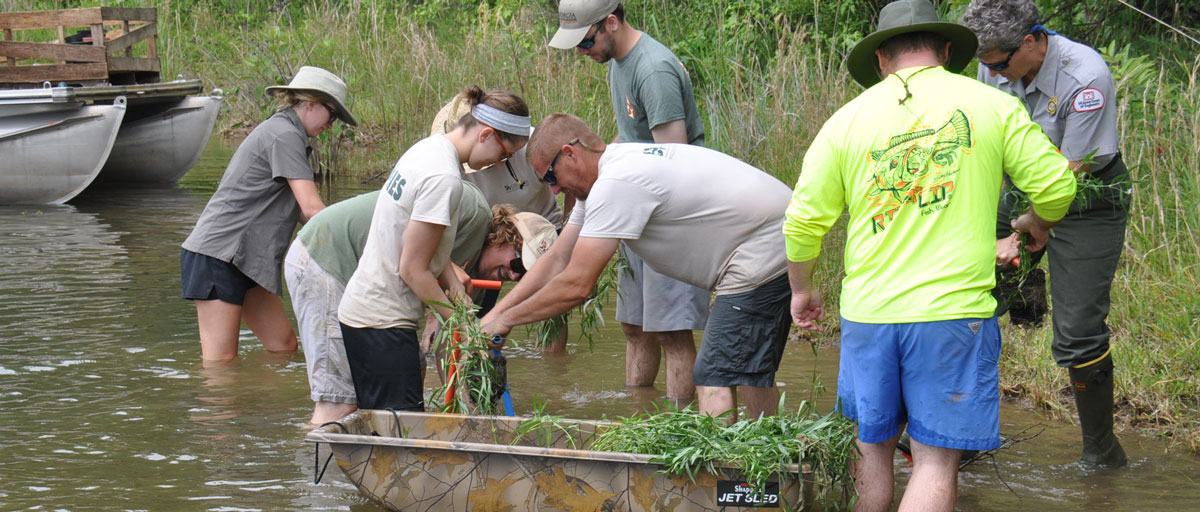Cross-scale cooperation enables sustainable use of a common-pool resource
Summary
In social-ecological systems (SESs), social and biophysical dynamics interact within and between the levels of organization at multiple spatial and temporal scales. Cross-scale interactions (CSIs) are interdependences between processes at different scales, generating behaviour unpredictable at single scales. Understanding CSIs is important for improving SES governance, but they remain understudied. Theoretical models are needed that capture essential features while being simple enough to yield insights into mechanisms.
In a stylized model, we study CSIs in a two-level system of weakly interacting communities harvesting a common-pool resource. Community members adaptively conform to, or defect from, a norm of socially optimal harvesting, enforced through social sanctioning both within and between communities. We find that each subsystem’s dynamics depend sensitively on the other despite interactions being much weaker between subsystems than within them. When interaction is purely biophysical, stably high cooperation in one community can cause cooperation in the other to collapse. However, even weak social interaction can prevent the collapse of cooperation and instead cause collapse of defection. We identify conditions under which subsystem-level cooperation produces desirable system-level outcomes.
Our findings expand evidence that collaboration is important for sustainably managing shared resources, showing its importance even when resource sharing and social relationships are weak.







